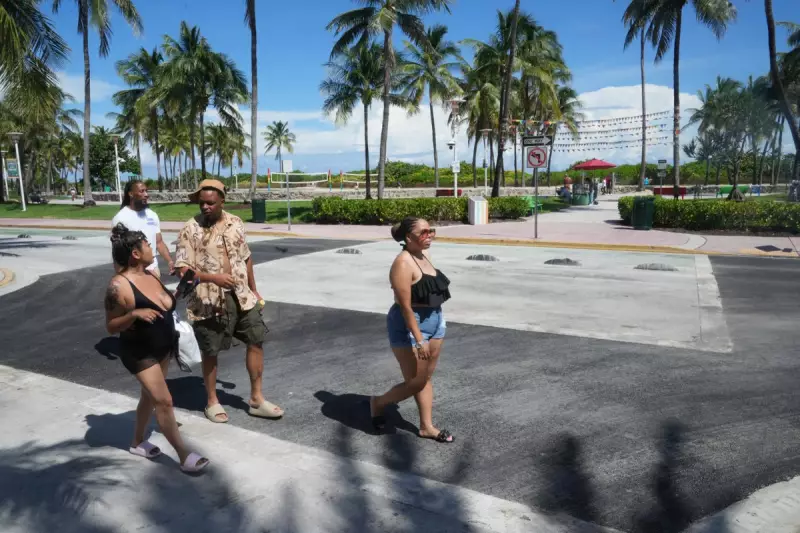
Florida's self-proclaimed "Freedom Summer" has taken an unexpected turn as Governor Ron DeSantis's aggressive legislative agenda targeting the LGBTQ+ community triggers a widespread tourism boycott that's hitting the state's economy where it hurts.
Economic Fallout Hits Sunshine State
Miami Beach, traditionally one of Florida's premier LGBTQ+ welcoming destinations, is reporting significant financial losses as travellers redirect their spending to more inclusive states. The economic impact extends beyond just hotel bookings, affecting restaurants, entertainment venues, and local businesses that rely on tourism dollars.
Travel Advisories Sound Alarm
Major civil rights organisations, including the Human Rights Campaign and Equality Florida, have issued travel warnings advising LGBTQ+ individuals and allies to reconsider visiting Florida. These advisories highlight what they describe as "hostile legislation" that creates potential safety concerns for marginalised communities.
DeSantis Doubles Down
Despite the growing economic consequences, Governor DeSantis continues to champion his conservative agenda, recently signing multiple bills that critics argue target the LGBTQ+ community. These include restrictions on gender-affirming care, drag performances, and discussions of sexual orientation in schools.
Business Community Reacts
The tourism industry, typically a powerful political force in Florida, finds itself in a difficult position. While some business leaders have quietly expressed concerns about the economic impact, many remain hesitant to publicly challenge the governor's policies for fear of political repercussions.
Long-term Consequences Loom
Industry analysts warn that the damage to Florida's reputation as an inclusive destination could have lasting effects. As competing states actively market themselves as welcoming alternatives, Florida risks losing its status as America's favourite holiday destination for diverse travellers.
National Implications
The situation in Florida is being closely watched by other states considering similar legislation, serving as a cautionary tale about the potential economic price of discriminatory policies in an increasingly diversity-conscious travel market.





